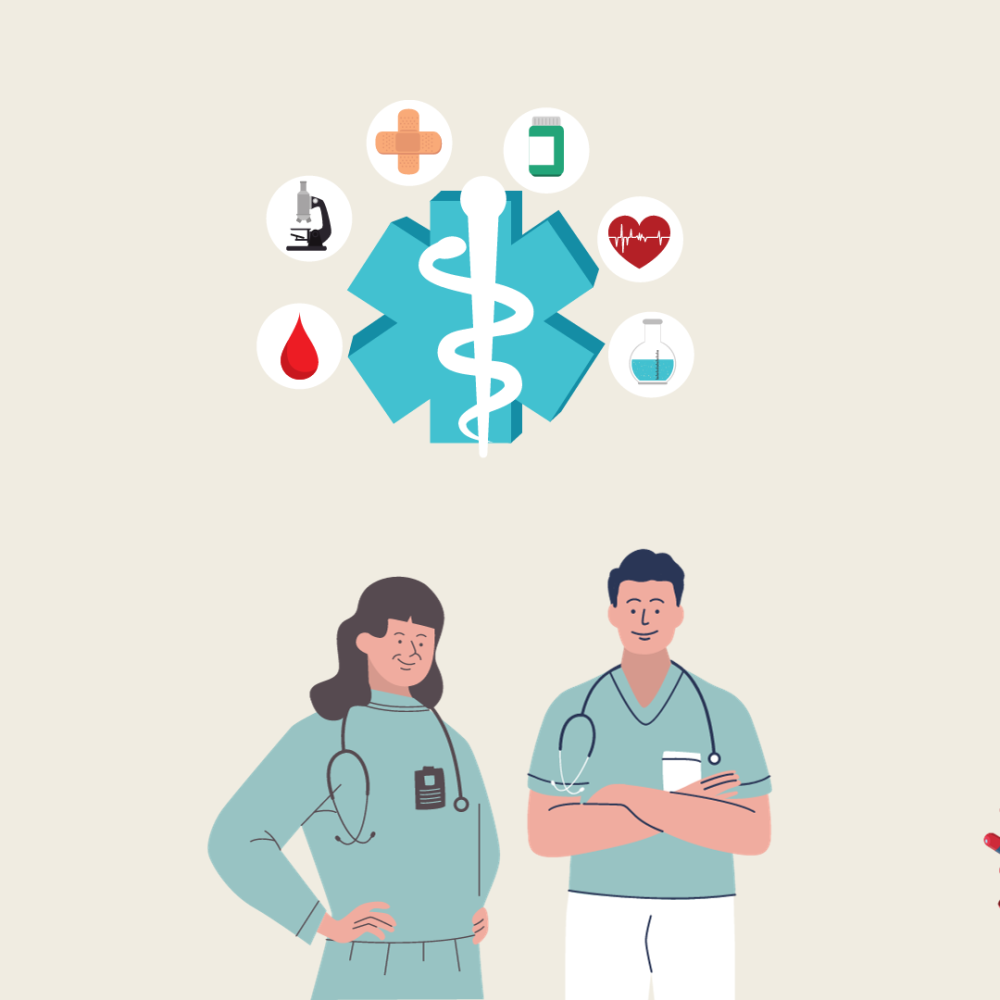STANDARD WHICH ENHANCES QUALITY OF HEALTHCARE DELIVERED GLOBALLY
As new technologies like AI and robotics advance healthcare practices, clinicians and caregivers need guidance and clarity to help them deliver effective, efficient, timely, and risk-minimized safe care.
A newly published standard, relevant to all healthcare organizations regardless of size, structure, or location, does just that: ISO 7101:2023, Healthcare organization management—Management systems for quality in healthcare organizations, is the first international standard for healthcare quality management.
What is ISO 7101?
ISO 7101 is the first international consensus standard for healthcare quality management. It prescribes requirements for a systematic approach to sustainable, high quality health systems, enabling organizations of any scale, structure, or region to:
- create a culture of quality starting with strong top management;
- embrace a healthcare system based on people-centered care, respect, compassion, co-production, equity and dignity;
- identify and address risks;
- ensure patient and workforce safety and wellbeing;
- control service delivery through documented processes and documented information;
- monitor and evaluate clinical and non-clinical performance;
- continually improve its processes and results.
Enhancing the Quality of Healthcare Delivered Globally: ISO 7101:2023
A look at the current state of the healthcare industry around the world reveals a number of challenges and demanding conditions, including workforce shortages, inflation amid decreasing financial resources, and a general uptick in the number of people needing healthcare services, especially with aging populations on the rise.
The worldwide COVID-19 pandemic underscored the importance of technological healthcare systems and the need for structured management systems to deliver quality care to patients.
ISO TC 304 launched its standardization efforts in 2016 to address these challenges and improve care outcomes for patients. Using systematic, evidence-based methods, ISO 7101 helps organizations to deliver high-quality healthcare.
The standard was designed for multiple types of users, including ministries of health, public and private healthcare systems, hospitals, clinics, non-governmental organizations and agencies that provide healthcare services—among others.
“Clearly, this standard is intended to improve patient safety, reduce costs, and improve efficiency,” said Dr. Muzquiz Edwards. “It is my hope that the ISO 7101 standard is adopted across the continuum of healthcare to foster a just culture focused on quality and patient-centered care. I believe the standard will also promote the development and sustainment of high reliability healthcare organizations that are agile in identifying and addressing the inherent risks associated with the unprecedented pace of change in the delivery of healthcare.”

